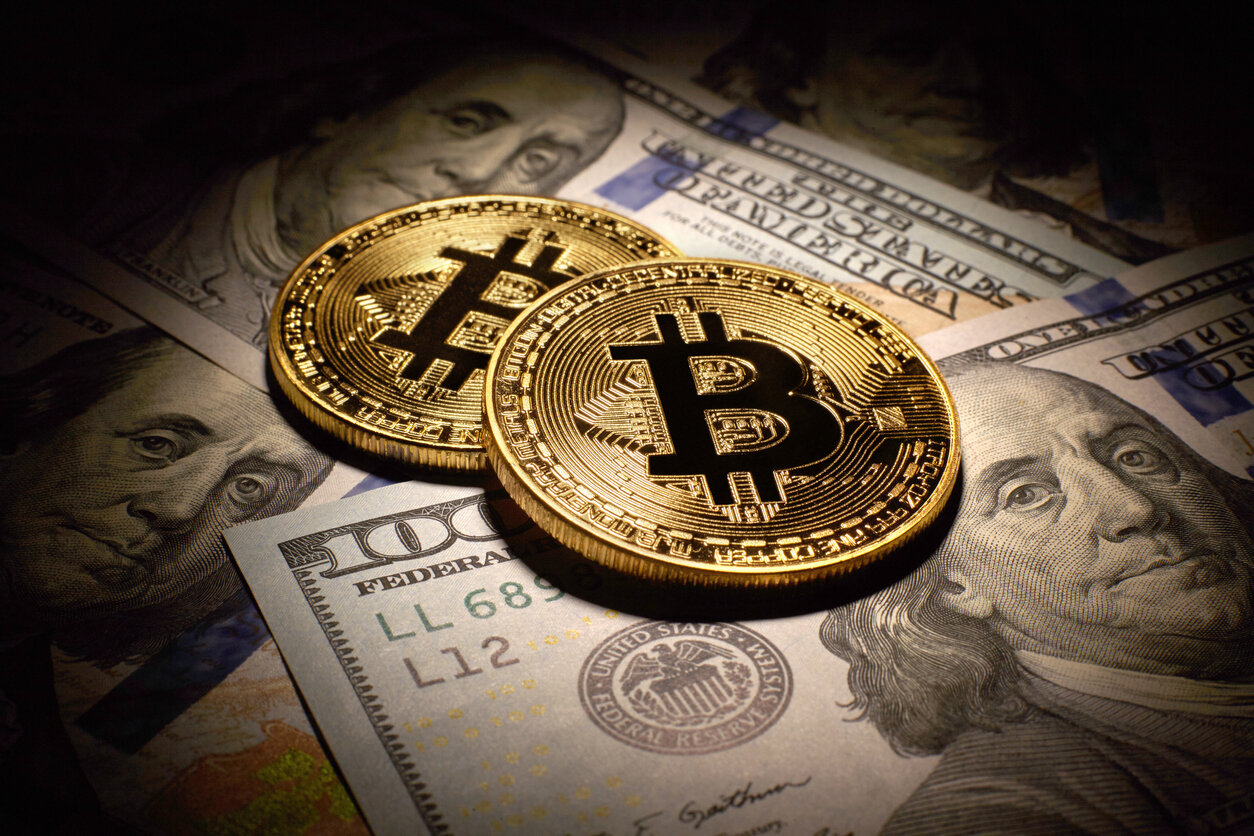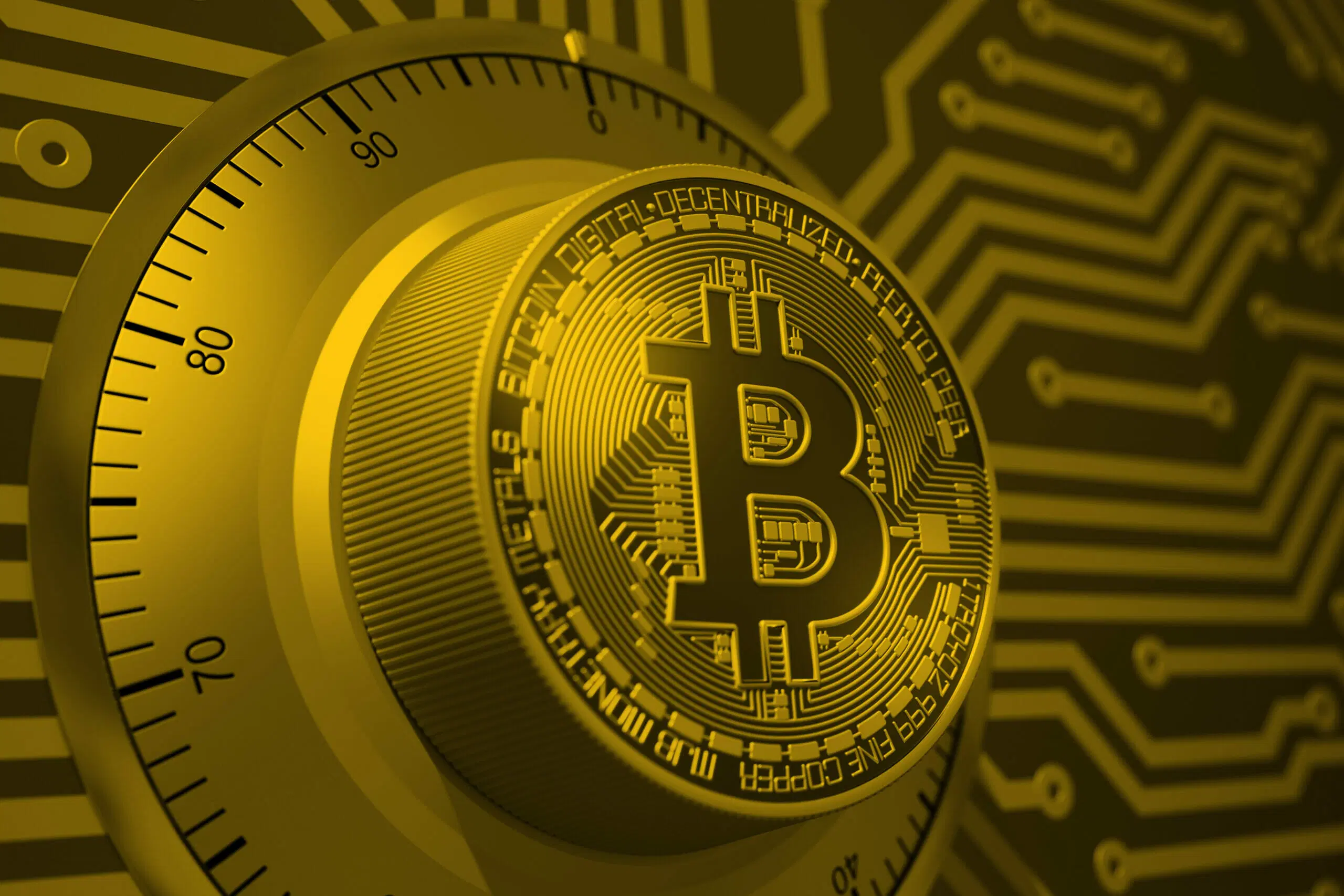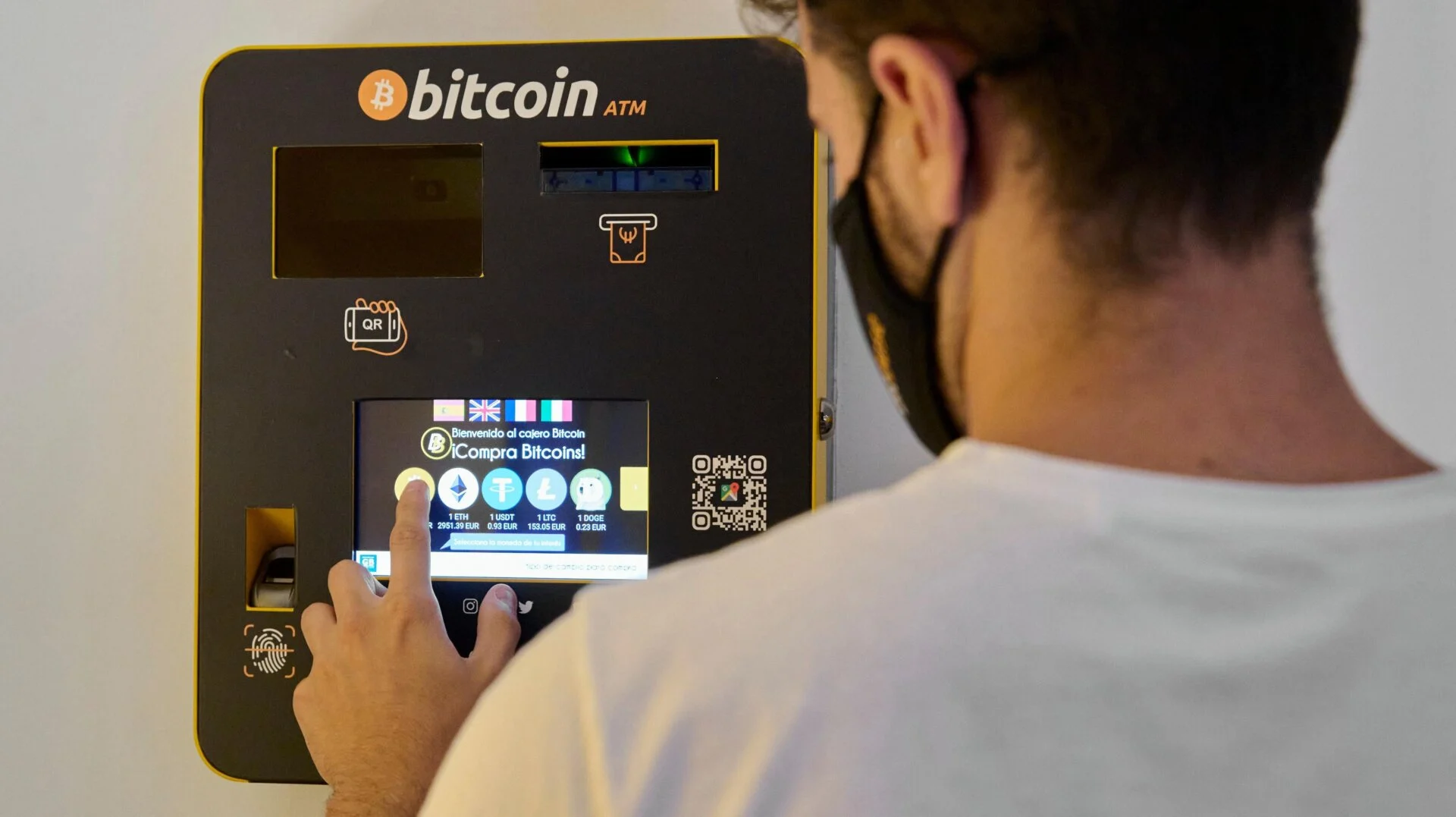
As cryptocurrencies become more integrated into the financial system, Bitcoin ATMs have emerged as a convenient way to buy and sell Bitcoin. One common question that arises is whether Bitcoin ATMs require users to provide identification. This article will explore the various requirements associated with using Bitcoin ATMs, including when and why ID might be needed, and what it means for your privacy and security.
What Are Bitcoin ATMs?
Bitcoin ATMs are machines that allow users to buy or sell Bitcoin and, in some cases, other cryptocurrencies using cash or debit cards. Unlike traditional ATMs that dispense cash from a bank account, Bitcoin ATMs facilitate transactions directly with a cryptocurrency exchange or wallet. Users can insert cash or swipe their cards to convert their money into Bitcoin or to sell Bitcoin and receive cash.
Types of Bitcoin ATMs
There are two primary types of Bitcoin ATMs:
- One-Way ATMs (Buy-Only ATMs): These machines allow users to buy Bitcoin but do not offer the option to sell. Users can insert cash and receive Bitcoin in their digital wallet.
- Two-Way ATMs (Buy-and-Sell ATMs): These machines offer both buying and selling options. Users can buy Bitcoin with cash or debit cards and sell Bitcoin to receive cash.
Identification Requirements for Bitcoin ATMs

The requirement for identification at Bitcoin ATMs can vary depending on several factors, including the location of the machine, the provider, and local regulations. Here’s a closer look at when and why ID might be required:
Regulatory Compliance
In many regions, Bitcoin ATMs are subject to regulatory requirements designed to prevent money laundering, fraud, and other illicit activities. These regulations often fall under Anti-Money Laundering (AML) and Know Your Customer (KYC) laws. As a result, Bitcoin ATMs may require users to provide identification to comply with these regulations.
Identification for Buying Bitcoin
Verification Requirements: For many Bitcoin ATMs, especially those located in jurisdictions with strict AML and KYC regulations, users may be required to provide some form of identification before purchasing Bitcoin. This could include:
- Phone Number Verification: Some ATMs require users to enter their phone number to receive a verification code.
- ID Scan: Users may need to scan a government-issued ID such as a driver’s license or passport.
- Biometric Verification: Advanced ATMs may use facial recognition or fingerprint scans as part of the verification process.
Threshold Limits: The requirement for ID often depends on the amount of Bitcoin being purchased. Smaller transactions may not require ID, while larger transactions may trigger additional verification steps. This tiered approach helps balance convenience with regulatory compliance.
Identification for Selling Bitcoin
Verification Process: When selling Bitcoin, users typically need to provide identification to prevent fraudulent transactions. The verification process is similar to buying Bitcoin and may include:
- Phone Number or ID Scan: Users may need to verify their identity using a phone number or by scanning a government-issued ID.
- Account Verification: Some ATMs may require users to link their digital wallet or provide additional verification details.
Compliance with Regulations: Just as with buying Bitcoin, selling Bitcoin often involves compliance with AML and KYC regulations. The need for identification helps ensure that transactions are legitimate and that users are not engaging in illicit activities.
Why Bitcoin ATMs Require ID
Prevention of Financial Crimes
One of the primary reasons Bitcoin ATMs require ID is to prevent financial crimes such as money laundering and fraud. By verifying the identity of users, Bitcoin ATMs help ensure that transactions are traceable and that individuals cannot use the machines for illegal activities.
Enhancing Security
Identification requirements also enhance the security of transactions. By confirming the identity of users, Bitcoin ATMs help protect against unauthorized access and fraud. This is particularly important in the cryptocurrency space, where the digital nature of transactions can make them susceptible to various security risks.
Regulatory Compliance
As mentioned earlier, regulatory compliance is a significant factor driving the need for ID at Bitcoin ATMs. Many jurisdictions have implemented regulations requiring financial institutions and cryptocurrency service providers to verify the identities of their customers. Bitcoin ATMs, as part of the financial ecosystem, must adhere to these regulations to operate legally.
Alternatives for Privacy-Conscious Users

For users who are concerned about privacy but still want to use Bitcoin ATMs, there are some alternatives and strategies to consider:
Use of Privacy Coins
Privacy-focused cryptocurrencies, such as Monero (XMR) or Zcash (ZEC), offer enhanced anonymity features compared to Bitcoin. While Bitcoin ATMs typically do not support privacy coins, users can use exchanges or other services to convert privacy coins into Bitcoin or fiat currency with minimal identification requirements.
Smaller Transactions
If ID verification is a concern, users can conduct smaller transactions that may fall below the threshold requiring identification. This approach allows for some level of Bitcoin acquisition or sale while minimizing the need for personal information.
Peer-to-Peer Transactions
Another alternative is to engage in peer-to-peer (P2P) transactions. P2P platforms connect buyers and sellers directly, allowing for transactions without the need for intermediaries or physical ATMs. While P2P transactions may still require some level of verification, they often offer more flexibility in terms of privacy.
Bitcoin ATMs have revolutionized the way users can buy and sell Bitcoin, offering a convenient and efficient way to access cryptocurrency. However, the requirement for ID at Bitcoin ATMs is influenced by various factors, including regulatory compliance, security, and the prevention of financial crimes. While identification requirements can vary based on location and transaction size, they play a crucial role in maintaining the integrity of the cryptocurrency ecosystem.
For users concerned about privacy, exploring alternatives such as privacy coins, smaller transactions, and peer-to-peer platforms can offer additional options. By understanding the identification requirements and considering alternative methods, users can navigate the world of Bitcoin ATMs with greater awareness and confidence.